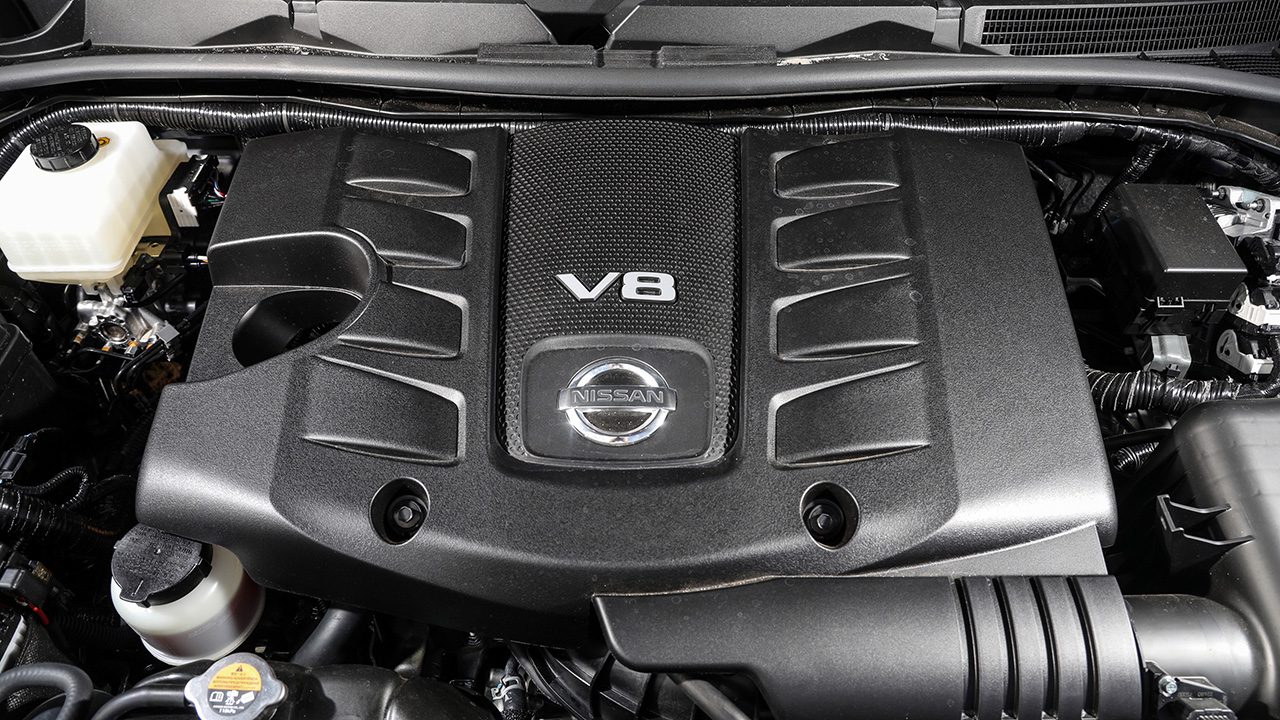Francois Bailly stated, "Our future is EV. We're not investing in new powertrain for ICE, that's for sure."
The shift includes focusing Nissan on their 'e-Power' technology. This system features a hybrid setup where the combustion engine acts as a generator to charge the battery rather than directly driving the wheels. This method mirrors technologies like Mazda's rotary system used in MX-30 and the two-rotor setup in its iconic SP concept.
Despite halting new investments, Nissan aims to enhance fuel economy in its current engines. The company has achieved a 50% thermal efficiency milestone with a prototype e-Power during testing in early 2021. This places them ahead of Toyota's Dynamic Force engines which have surpassed 40% efficiency.
Nissan plans a gradual transition to electric vehicles (EVs), citing varied global emissions regulations as the reason. For example, Africa still legally allows Euro 2 cars. The company's strategy is to align its portfolio to regional requirements and phase out internal combustion engines (ICE) gradually while updating existing engines to meet stricter regulations.
Source: Drive

